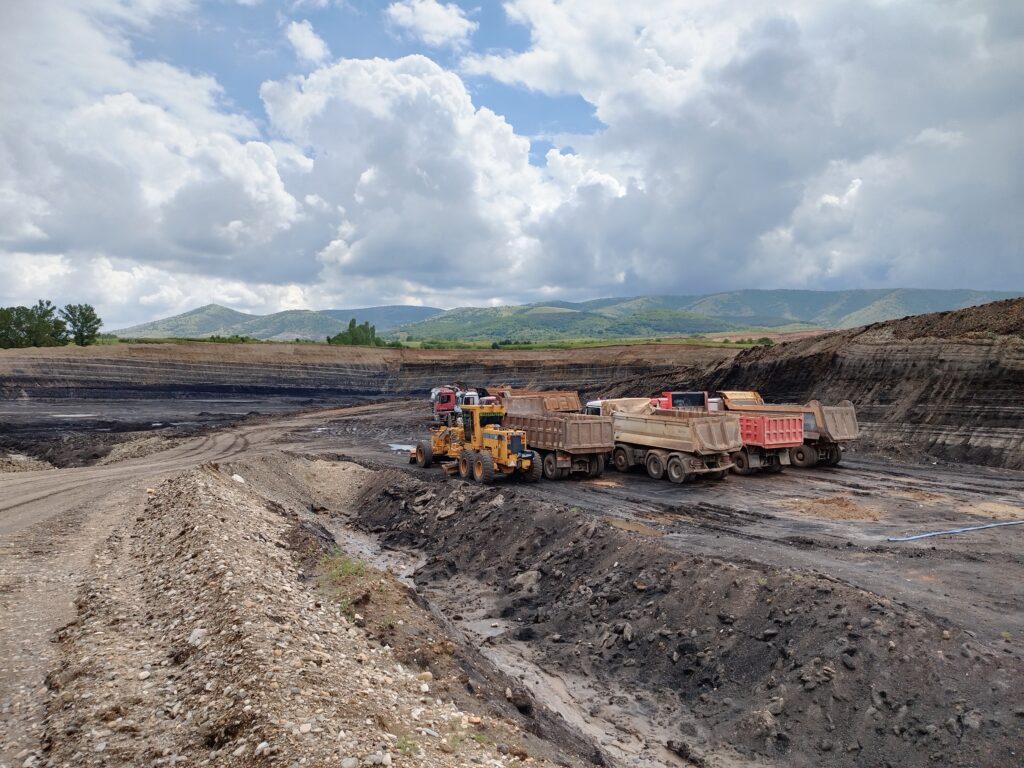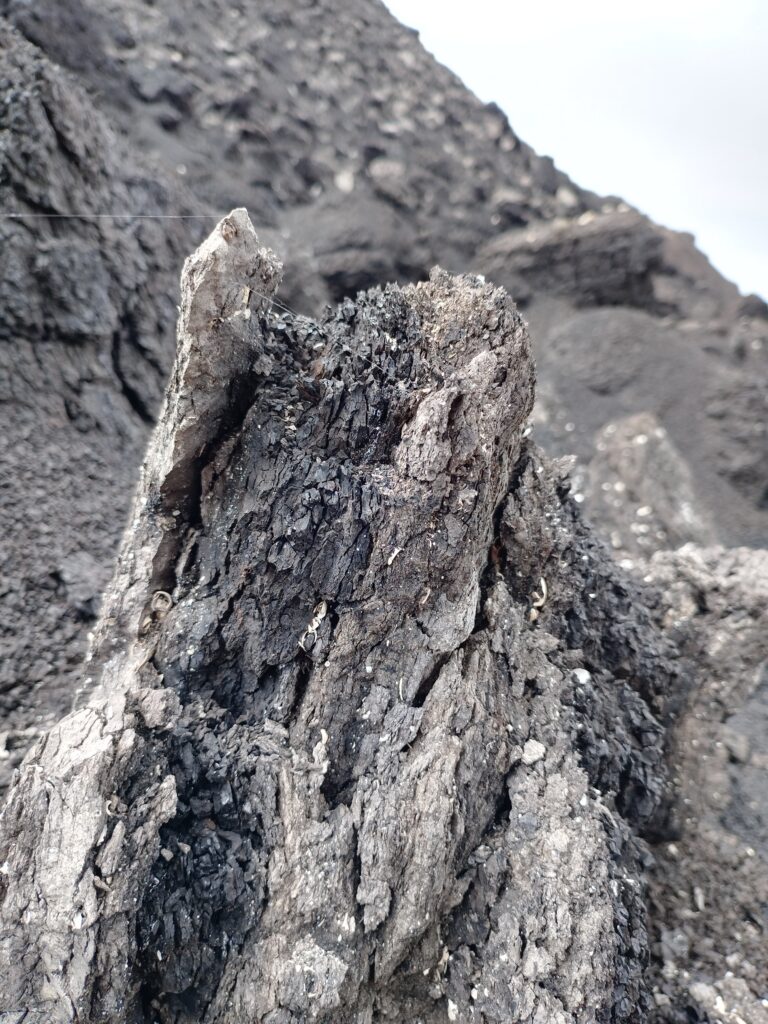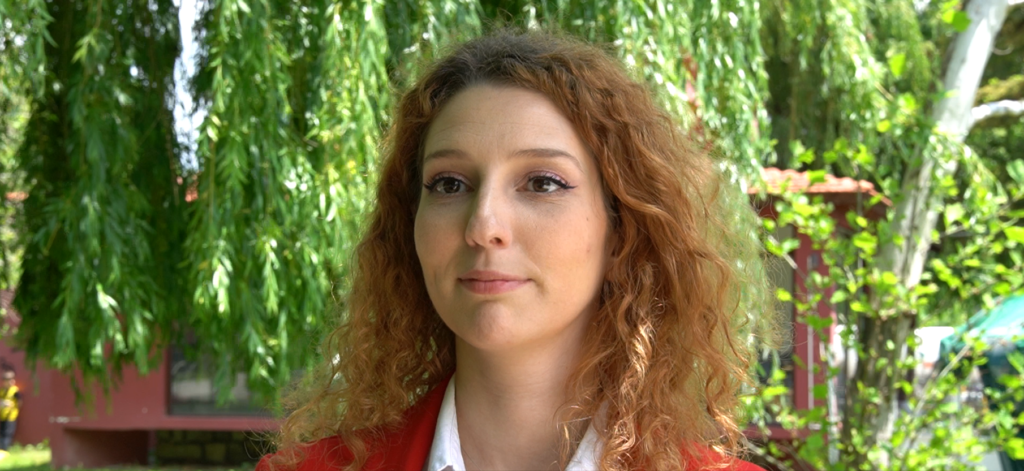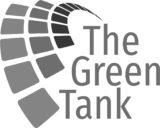A breath of fresh air or an ill wind: The human benefits and costs of decarbonising coal regions
With its focus on tonnes of carbon dioxide discharged into the atmosphere, the EU’s Emissions Trading System can appear to be technical and immaterial to most people. To uncover the human dimension of the EU ETS, with its challenges and opportunities, Carbon Market Watch The Green Tank, visited Greece’s main lignite-producing region as it strives to kick its dependence on coal.
Landscape transformation often accompanies energy extraction and production. This is particularly visible in areas that are heavily mined. Fields that would otherwise be covered with the majestic purple blossoms of the Greek saffron have instead been used for heavy mining that polluted local air and stripped the land of its natural beauty. This was the case for people living in Western Macedonia in Greece, who were forced to breathe the noxious fumes and particulate pollution caused by fossil fuel extraction and combustion. Currently being phased out, lignite, also known as brown coal, has, for about 70 years, been mined in the region and used to generate electricity, which falls under the EU’s Emissions Trading System.
The result?
Huge environmental destruction and degradation, not to mention a massive detrimental impact on public health. But also significant local income and plenty of jobs, albeit dangerous increasingly rare ones. According to a study by the Foundation for Economic & Industrial Research (IOBE), which accompanied the official government master plan developed for the future of the region in 2020, the number of people working in the energy industry in Greece’s three lignite regions was still 7,280 in 2017, down from 9,170 in 2008.


Seismic economic shift
The first decade of the Greek financial crisis has passed, and people growing up close to a lignite area experienced the economic burdens more intensively. This applies especially to the young generation. They are the ones thinking about their future, in terms of what to study and what career to pursue to fulfil their dreams and live in dignity. As they grow up, not only has the physical landscape around them changed, but the economic ground beneath their feet has also shifted. As Greece transitions away from coal, many companies are building large-scale solar parks on the mountainous slopes of the lignite regions. They provide ample clean and cheap energy for the country but few local jobs, while initiatives by the local communities to install small-scale photovoltaic projects to cover their own electricity needs have been halted due to the lack of grid space. This situation, when combined with rising energy prices, has generated opposition and protests from local communities feeling excluded.
Despite the challenges noted, the transition away from coal is already underway. Greece was the first EU member state to develop a plan and secure EU funding of €1.63 billion in order to shift the local economies in its lignite regions towards sustainable economic activities, including green energy, but extending also to the primary sector, logistics, services, and others.
However, implementation takes time before change is seen on the ground. As a result, people in Western Macedonia are sceptical about the transition of the economic model and, in some cases, even reminisce about the perceived benefits of lignite. “In the past, we had free heating thanks to the lignite power plants. Today, we don’t have any such benefits from the solar parks,” Ioannis, a local taxi driver, said, expressing local frustrations. This attitude was also reflected in public opinion research conducted for the lignite phase-out in Greece at the early stages of planning in 2020: 7 out 10 people in Western Macedonia expressed negative or rather negative emotions about the shut down of lignite plants. On the other hand, almost half of the people participating in the survey (46.4%) view the transition to the post-lignite era as an opportunity for the region, a percentage that reaches almost 60% among the young population (59.3%).

Human stories
In order to get more insight, we travelled to Greece to uncover, in collaboration with our Life ETX partner, The Green Tank, human stories from Kozani and Florina, two cities in the lignite-producing heart of Western Macedonia. There, we visited a local youth association, the Association of Active Youth of Florina (OENEF), which receives ETS revenues for hosting youth workshops on the energy transition, advocacy and running a training centre focusing on renewable energy. These revenues come from the auctioning of emission allowances. Greece was the first EU member state, in 2018, to channel part of its public revenue from the ETS to support the just transition of its lignite regions. The EU ETS revenues financed the creation of a national Just Transition Fund, before the much larger EU Just Transition Fund was announced in 2021. In the first five years (2018-2022), almost €128 million were used to implement the measure.
Rafailia Stiouki, a young English teacher, expressed her satisfaction with the knowledge and skills she has acquired as an active OENEF member but also shared her fears about the high unemployment rate and brain drain in Kozani. In 2022, the highest unemployment rate in Greece was recorded in Western Macedonia (17.7%). Moreover, young people (15-29 years old) living in Western Macedonia experienced one of the highest unemployment rates in the EU, reaching 34.3%.
“Unfortunately, life in Kozani has changed dramatically over the past few years, especially after the announcement of the shutdown of lignite plants. A lot of young people have left the area. Either going to big cities or abroad, like my friends,” she explains. “The truth is that now, in Kozani, there are worries about the economic issues in the future and the availability of jobs. Some things have worsened, and we hope this situation will not continue.”
Just transition
Despite the daily challenges, though, Stiouki has been trying to meet peers with similar aspirations and learn more about the climate crisis, energy transition and advocacy planning.

In order for locals in Greece’s lignite areas to embrace renewable energy, the transition needs to be about more than the climate – it must be socially fair. The transition needs to eliminate (energy) poverty rather than deepen it, and create more jobs compared to the ones associated – directly or indirectly – with the lignite industry.
Used wisely and effectively, the ETS revenues reaching member states can help facilitate this just transition by financing retraining and job creation initiatives in the local economy, thereby helping to replace the former fossil fuel jobs by expanding employment into other sectors. The revenues can also help by providing the vulnerable with subsidies to instal renewable energy and insulate or heat their homes. As such, the EU ETS revenues serve as a necessary complement to the EU just transition funds. Simultaneously, such initiatives can empower young people to advocate for fairer regional policies, where citizens will eventually reap the full benefits of solar and wind energy.
____________
Part of the Life ETX project, the Human Stories campaign will be released in the autumn. It will feature a series of audiovisual and written stories from Greece, Belgium and Portugal on such issues as industrial decarbonisation, green mobility and sustainable shipping.
As people affected by climate policies rarely have the chance to share their personal stories, we devised the idea to give them a voice.
We will keep you updated.
*This article was updated with extra details on 20 July 2023.










